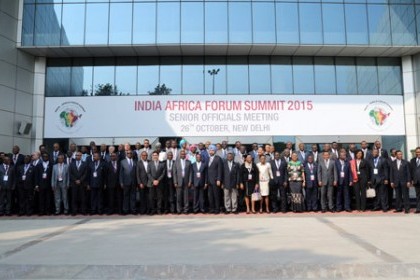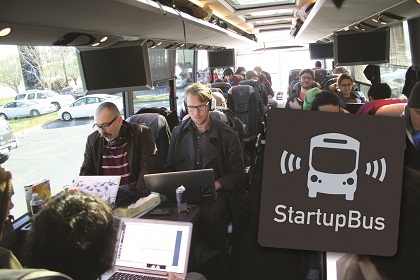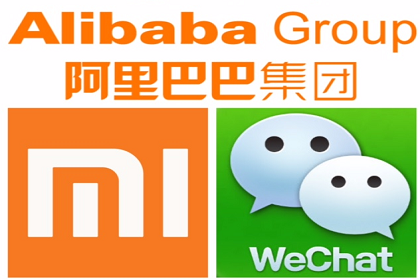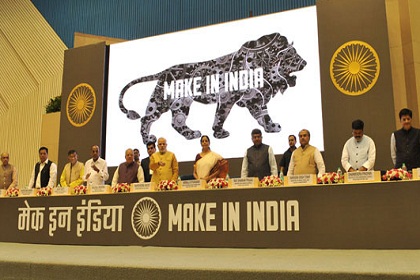Please-all IPR policy pleases none
India's new intellectual property rights (IPR) policy attempts to address concerns of developed countries regarding India's patent regime, while also protecting public interest, especially that of generic drug producers. However, through this effort of a balancing act, India might have landed up pleasing neither the USTR or U.S. business and disappointing many in India's domestic industry and civil society.











